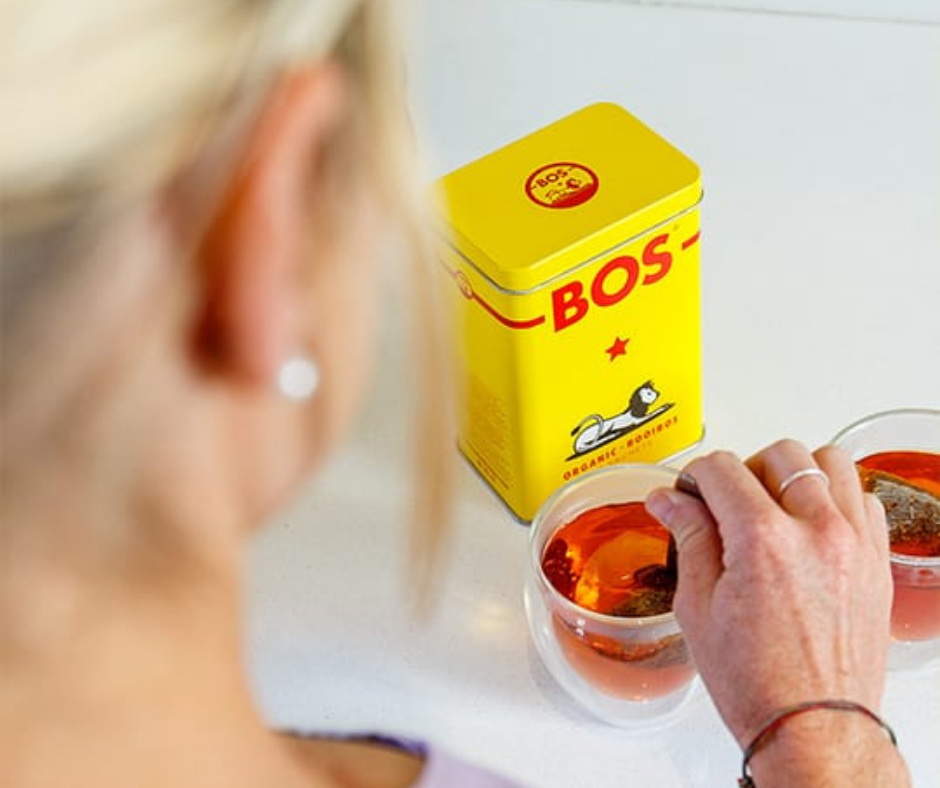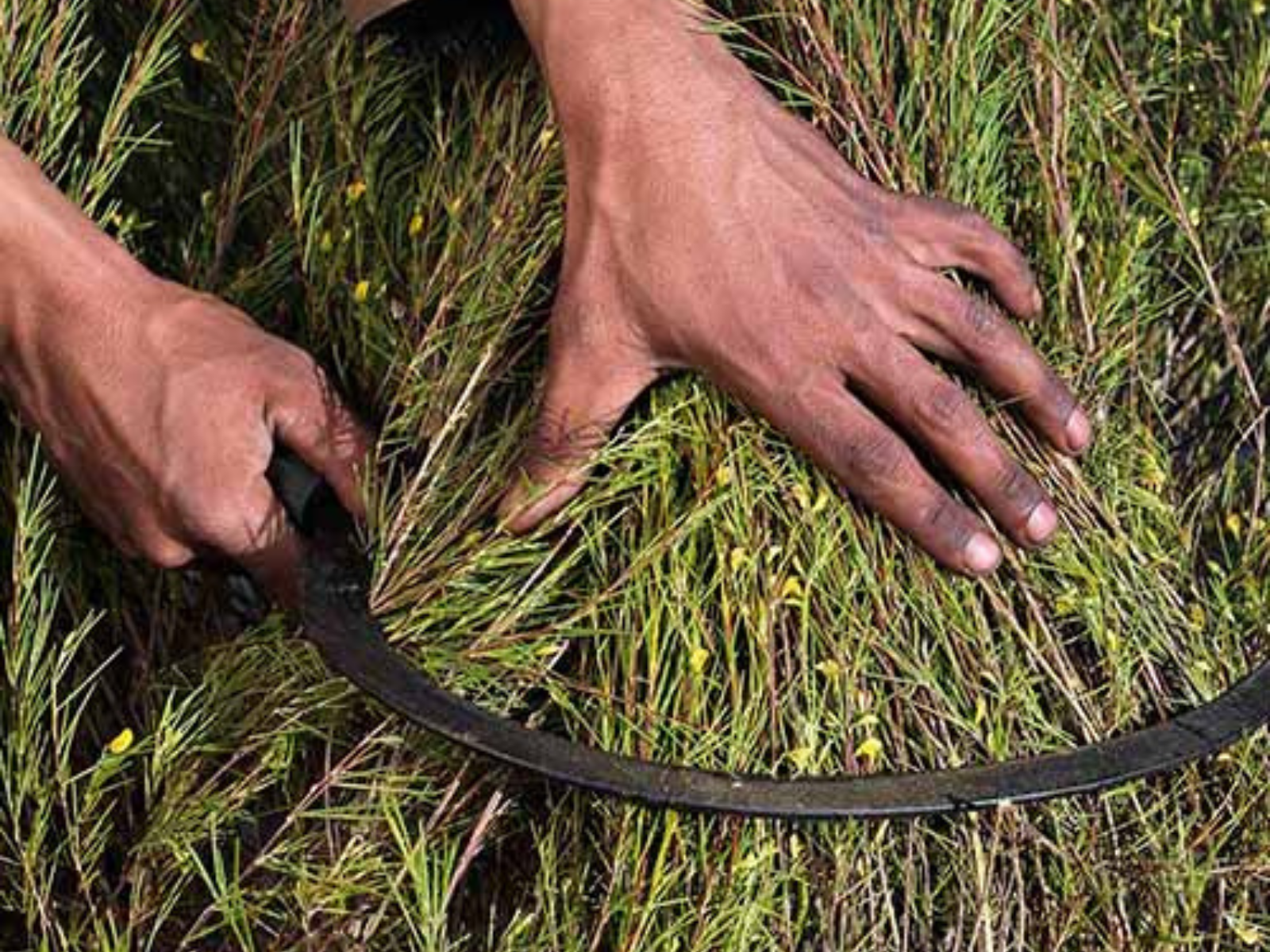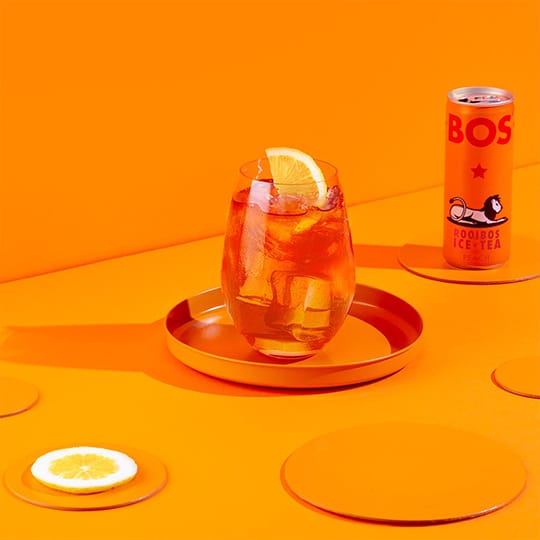Healthy Refreshment and #doDifferent
Rooibos is a South African icon. Our very own appellation – only allowed to be named rooibos if grown in the Western Cape – it has been a staple of South African households for generations. Not only is rooibos delicious, but it has many reported health benefits.
This week we look at a brand that has taken the rooibos market by storm, while choosing to #doDifferent in its path to success.
BOS is a rooibos brand best known for their range of ice tea drinks. Their extensive product line also features sports drinks, health-boosting shots, fruit icys and dry rooibos tea. Launching in 2010 they have made waves with their great product branding.



With all their success, BOS have made giving back a fundamental part of their brand. This includes environmental and social initiatives.
The surging popularity of rooibos tea has risen concerns over the effects of farming this crop. Since rooibos is endemic to a small coastal section of the Western Cape - and exists in symbiosis with many other species of flora - the worry is that a monoculture farming approach will have a detrimental effect on other plant species. BOS are committed to using only organic tea and work with their farming partners to preserve organic farming methods and biodiversity.
Additionally, in partnership with environmental NGO Greenpop, BOS plants a tree for every 2,000 units of product sold. To date, they have planted over 30,000 trees – going toward reforestation, urban greening, and sustainable development.


For their social initiative, BOS supports Qhubeka – a charity using bicycles to drive development and upliftment in underprivileged South African communities. Access to bicycles can change lives, dramatically reducing travelling time to schools for children, allowing communities better access to healthcare, and providing job opportunities. For every unit of BOS Sport sold, 10c is donated to Qhubeka and the purchase of bicycles.
Another initiative – and a profound one – is what BOS calls a traditional knowledge levy. 1.5% of the average price of raw rooibos tea is paid to Khoi-Khoi and San communities to acknowledge their discovery and usage of rooibos tea hundreds of years ago – a discovery that paved the way for the modern rooibos industry.




So, when you next find yourself in front of a store fridge with hundreds of choices, why not choose to #doDifferent and select a product that does good for people and the environment?
Check out BOS here.

